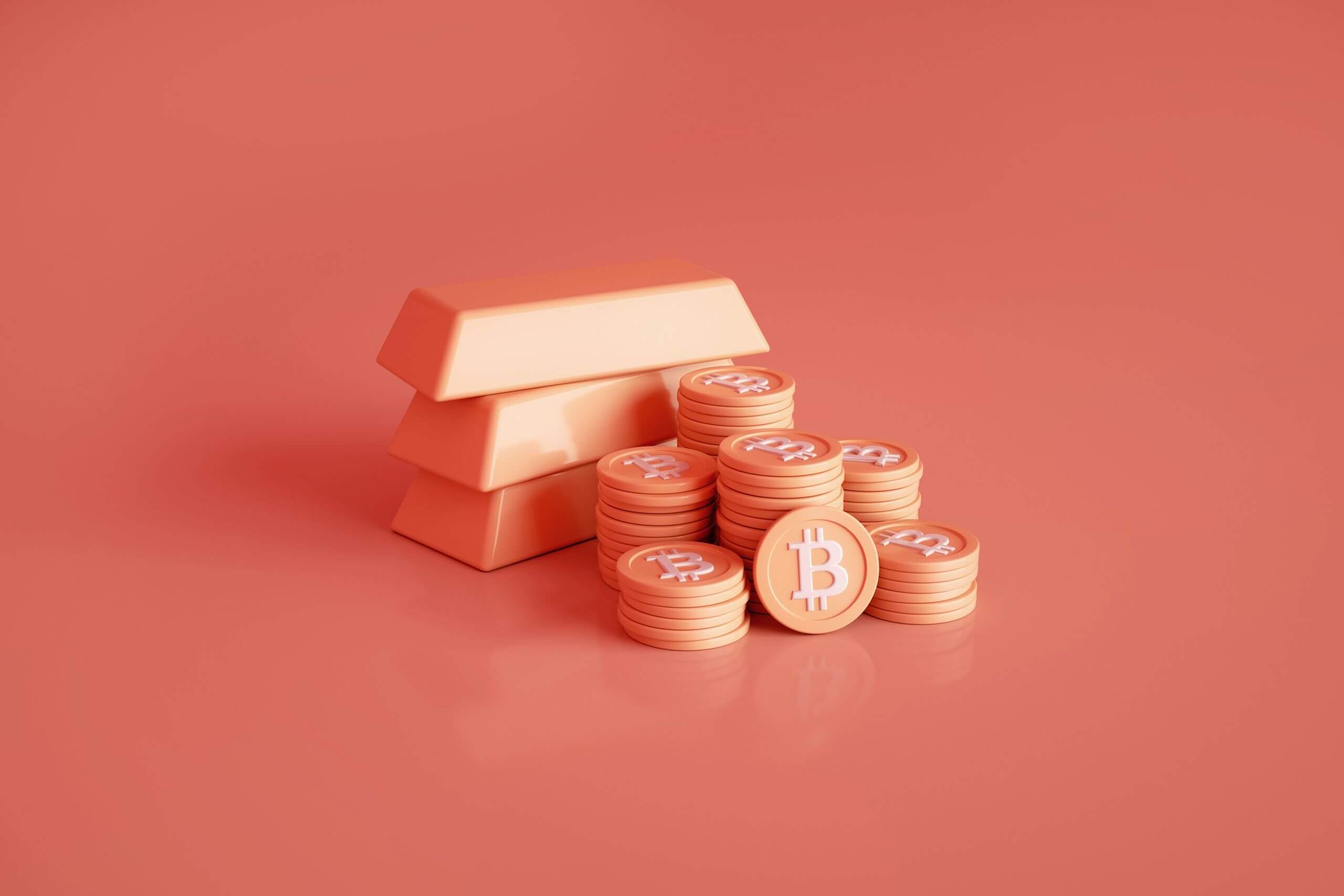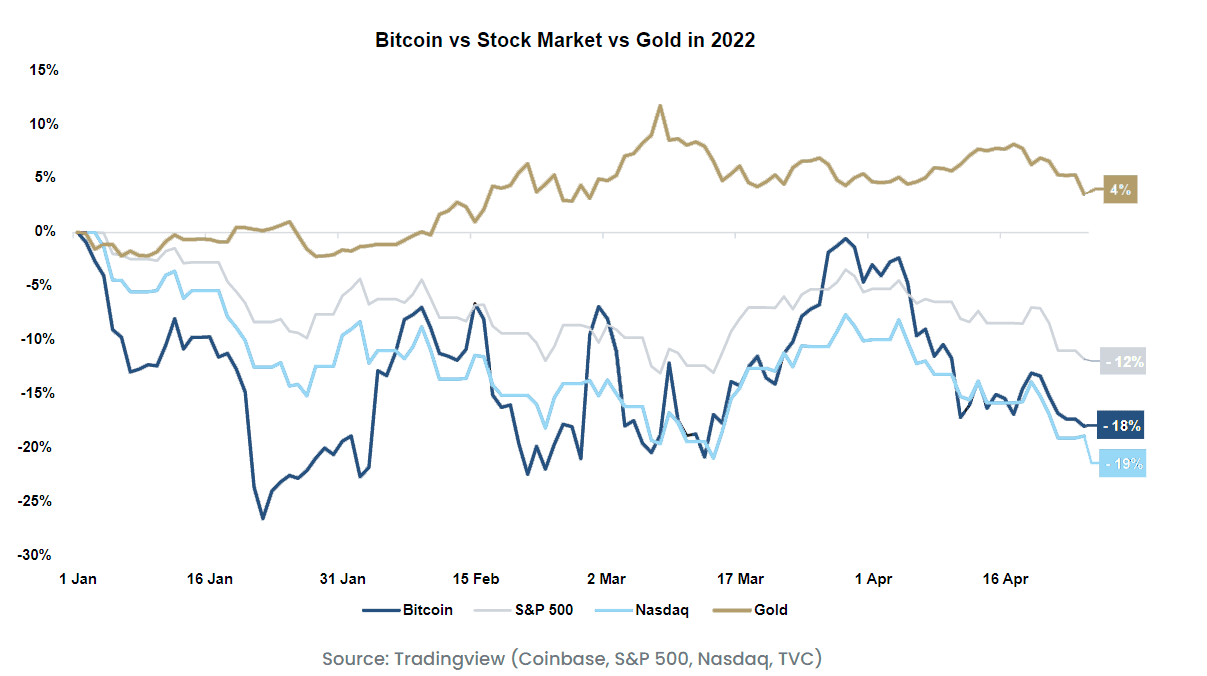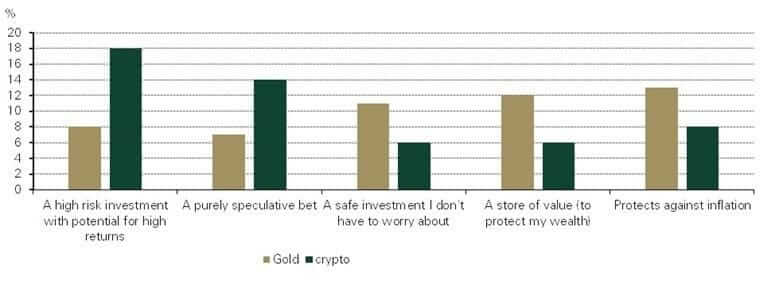Gold Vs. Crypto: Which One Is a Better Investment?

What are the fundamental similarities and differences between gold and cryptos? Can bitcoin replace the yellow metal as an inflation hedge? Take a look at our essentials guide.





What are the fundamental similarities and differences between gold and cryptos? Can bitcoin replace the yellow metal as an inflation hedge? Take a look at our essentials guide.



